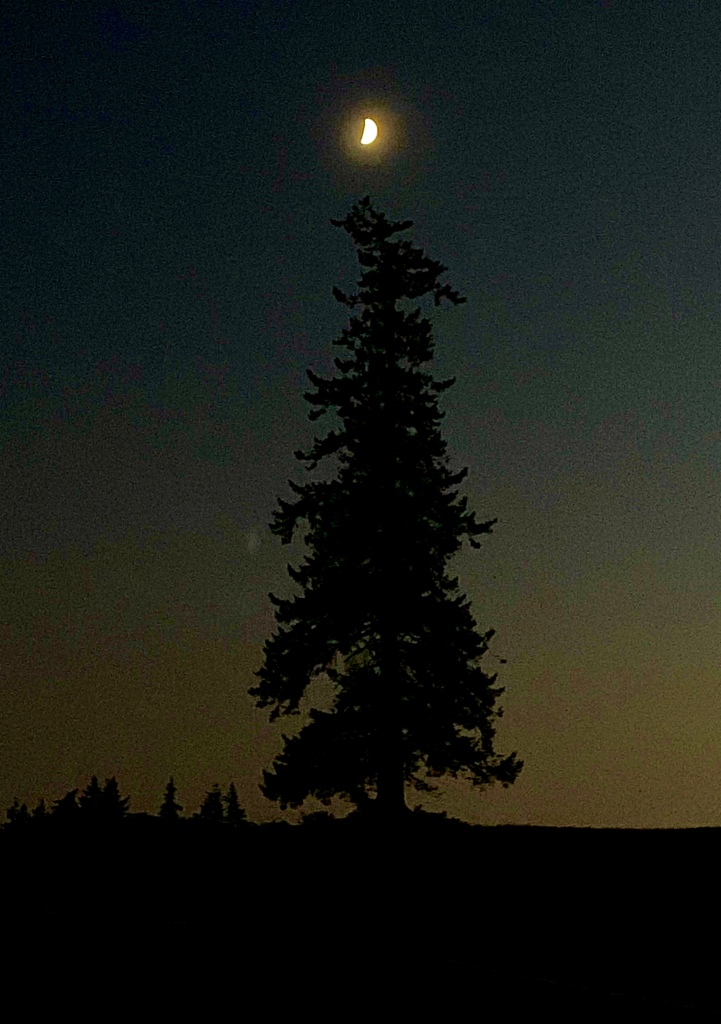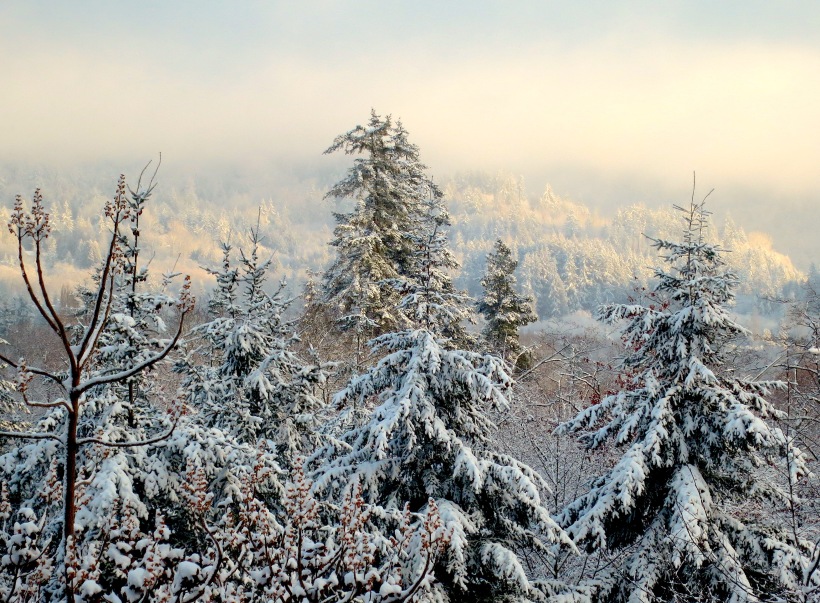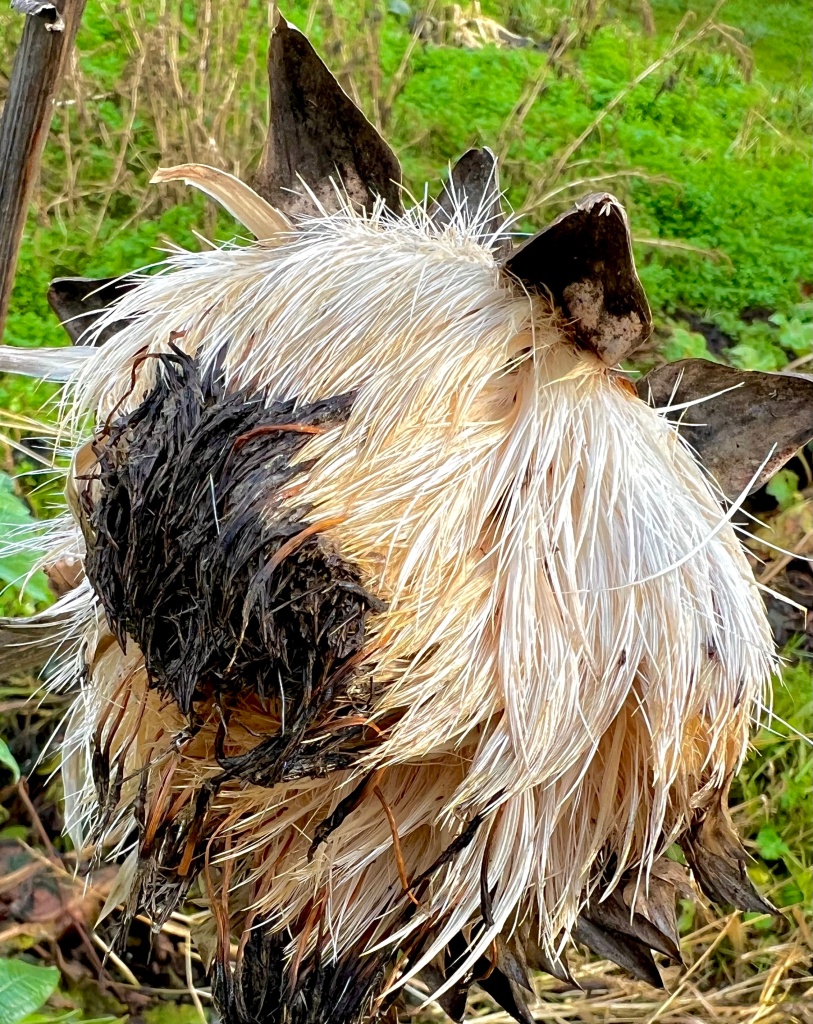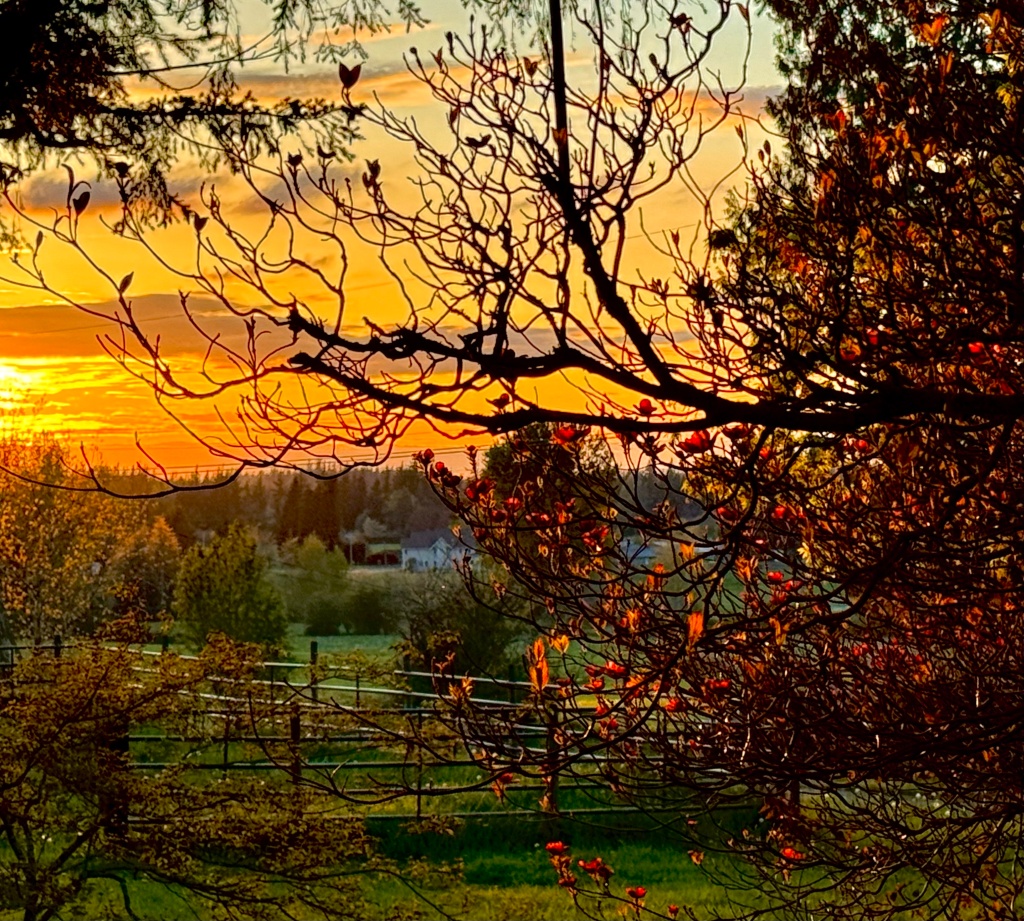
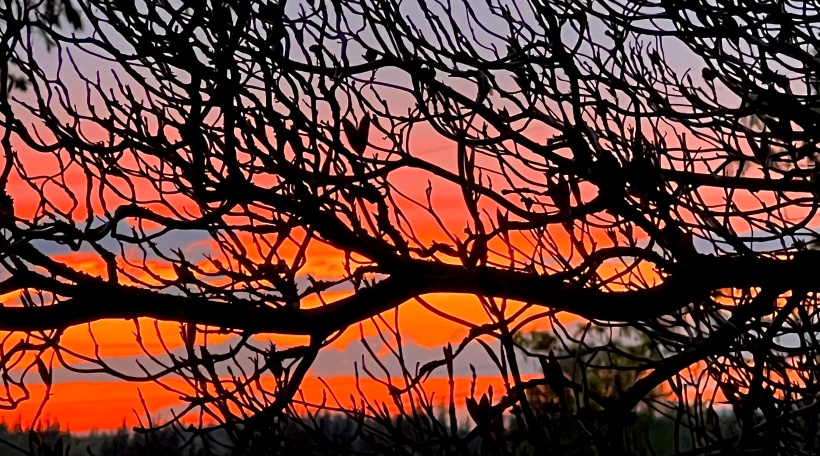
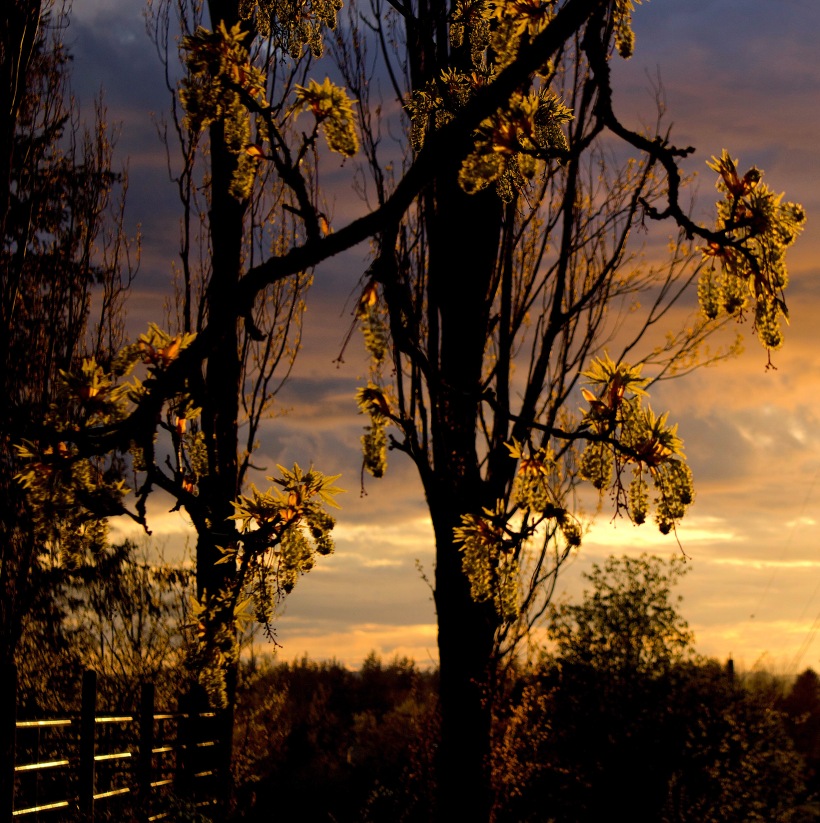
Be silent.
Be still.
Alone.
Empty
Before your God.
Say nothing.
Ask nothing.
Be silent.
Be still.
Let your God look upon you.
That is all.
God knows.
God understands.
God loves you
With an enormous love,
And only wants
To look upon you
With that love.
Quiet.
Still.
Be.
Let your God—
Love you.
~Edwina Gately “Let Your God Love You”
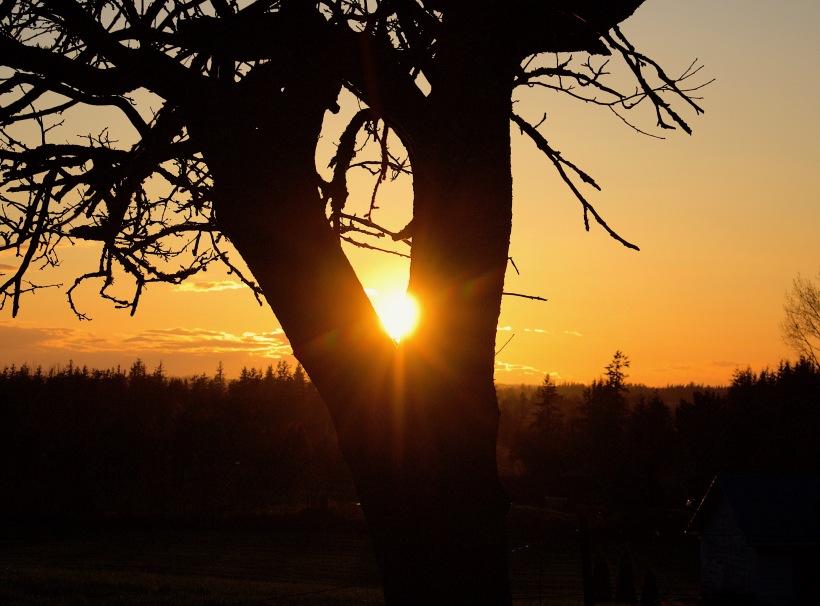
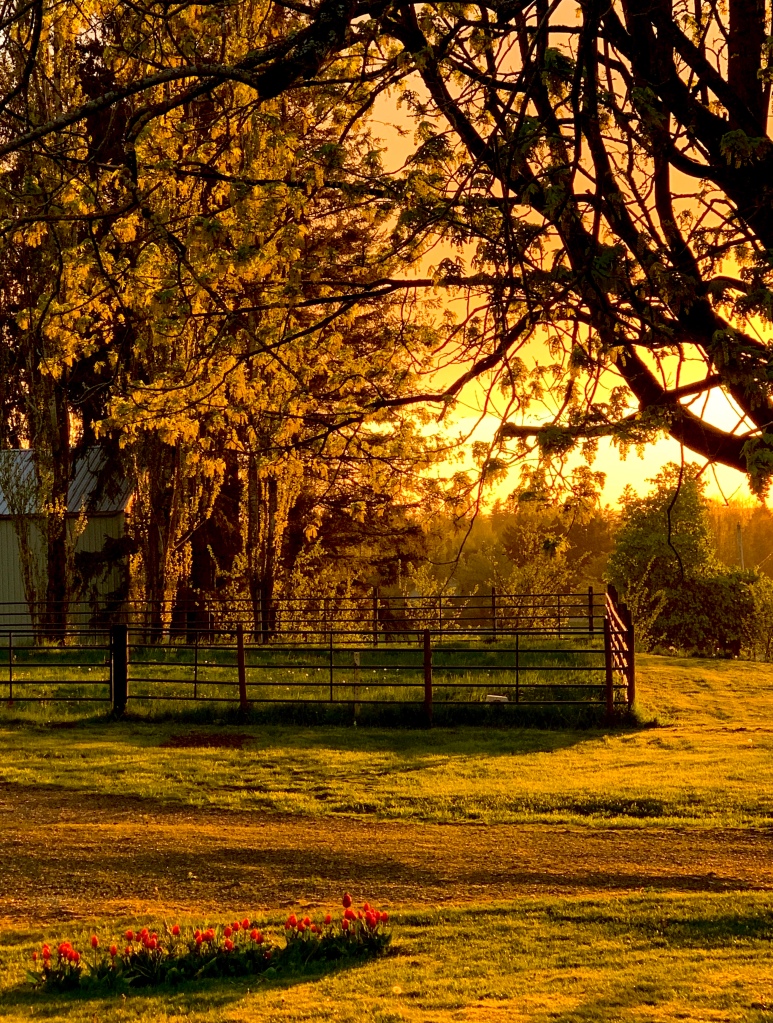
Now I am still
And plain:
No more words….
And deep in the darkness is God.
~Rainer Maria Rilke from The Inner Sky: Poems, Notes, Dreams
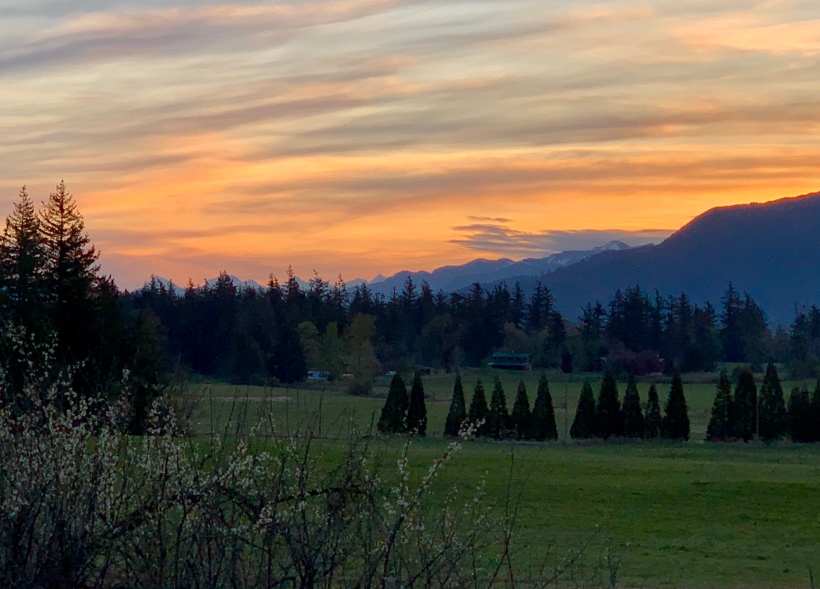

I know this happiness
is provisional:
the looming presences –
great suffering, great fear –
withdraw only
into peripheral vision:
but ineluctable this shimmering
of wind in the blue leaves:
this flood of stillness
widening the lake of sky:
this need to dance,
this need to kneel:
this mystery:
~Denise Levertov “Of Being” from The Stream and the Sapphire

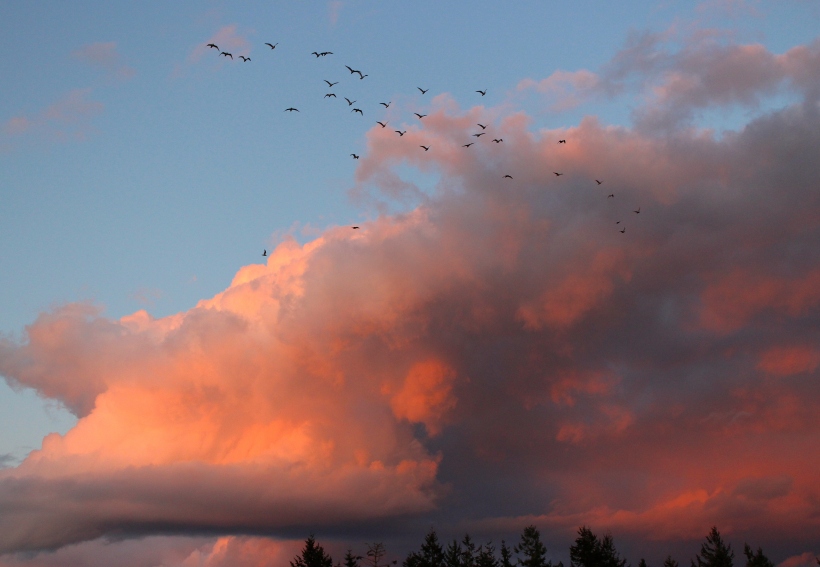
On a Sabbath day, I try to be still and silent
but fail miserably in my attempts to rest.
So much to do, so much to fix, so much to say.
I have forgotten the original reason for the seventh day.
God simply wanted to look down at what He made,
declare it good
and love it.
The least I can do is stop what I’m doing, look up, hold still and listen…
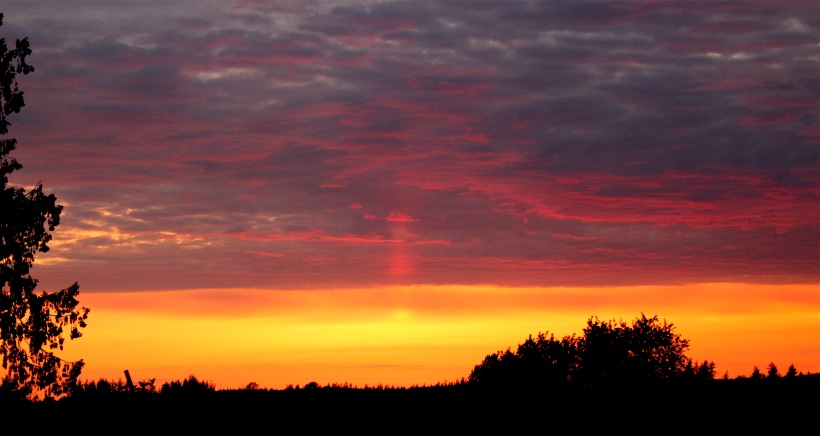
1 O love of God, how strong and true,
eternal and yet ever new,
uncomprehended and unbought,
beyond all knowledge and all thought!
O love of God, how deep and great,
far deeper than man’s deepest hate;
self-fed, self-kindled like the light,
changeless, eternal, infinite.
2 O heav’nly love, how precious still,
in days of weariness and ill,
in nights of pain and helplessness,
to heal, to comfort, and to bless!
O wide-embracing, wondrous love!
We read you in the sky above,
we read you in the earth below,
in seas that swell and streams that flow.
3 We read you best in him who came
bearing for us the cross of shame;
sent by the Father from on high,
our life to live, our death to die.
We read your pow’r to bless and save,
e’en in the darkness of the grave;
still more in resurrection light
we read the fullness of your might.
4 O love of God, our shield and stay
through all the perils of our way!
Eternal love, in you we rest,
forever safe, forever blest.
We will exalt you, God and King,
and we will ever praise your name;
we will extol you ev’ry day,
and evermore your praise proclaim.
~Horatius Bonar
Make a one-time or recurring donation to support daily Barnstorming posts
Make a monthly donation
Make a yearly donation
Choose an amount
Or enter a custom amount
Your contribution is deeply appreciated.
Your contribution is appreciated.
Your contribution is appreciated.
DonateDonate monthlyDonate yearly









